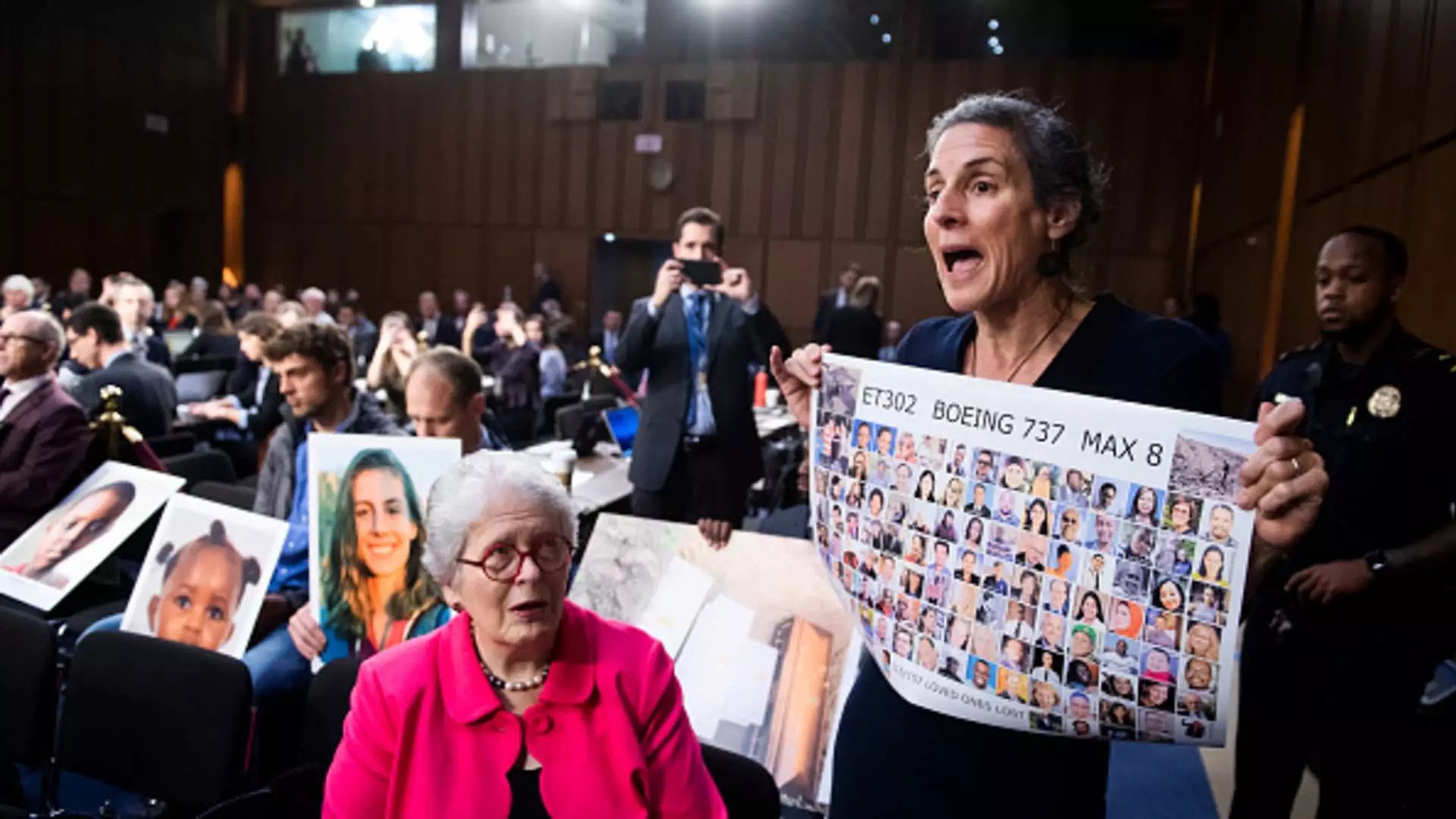The recent decision by U.S. District Judge Reed O’Connor to reject Boeing’s plea agreement concerning a criminal fraud charge is a significant development in the ongoing saga of the 737 Max aircraft. The court’s ruling reflects not just a legal reconsideration but also a broader societal concern regarding corporate accountability, public safety, and the processes involved in oversight.
At the heart of Judge O’Connor’s rejection lies a critique of the selection process for a government-appointed monitor as stipulated in Boeing’s plea deal. The judge expressed apprehensions that diversity, equity, and inclusion (DEI) policies might unduly influence the selection process, ultimately undermining the competency-based evaluation essential for a case of this magnitude. This is not merely a legal technicality; it raises significant ethical questions about corporate governance in high-stakes industries like aviation, where lives are on the line.
The judge’s words resonate with a growing public sentiment that seeks stringent accountability measures against corporations engaged in malfeasance. Given that the 737 Max crashes resulted in the tragic loss of 346 lives, it is paramount that the processes surrounding oversight and accountability be free from any perceived biases or inequities. Safety and expertise must prevail over demographic considerations in such critical selections.
Boeing’s History: A Pattern of Oversight Failures
Boeing’s sordid history regarding the 737 Max, including the fatal crashes of Lion Air Flight 610 and Ethiopian Airlines Flight 302, has garnered worldwide attention and raised alarms about the company’s internal practices and ethics. The recent plea deal arose in response to Boeing’s admitted role in misleading federal regulators about a key flight-control system. This systemic failure not only resulted in catastrophic consequences but also revealed flaws in the regulatory framework that governs aviation safety.
Public trust in Boeing has been severely shaken. Many view the company’s past actions as indicative of a culture prioritizing profit margins over human lives. The situation begs the question: how can regulators ensure that corporations like Boeing prioritize safety over profitability? Indeed, the public’s demand for accountability in the aftermath of such tragedies has never been higher.
An essential aspect of this case is the voices of victims’ families, who have raised legitimate concerns about the perceived leniency embedded in the plea deal. Referring to the agreement as a “sweetheart deal,” their dissatisfaction underscores a broader desire for justice that transcends financial penalties. Attorney Erin Applebaum, representing one of the victims’ families, has called for terms that correspond to the gravity of Boeing’s actions.
This perspective highlights an important narrative about justice—namely, that it should not be merely transactional. Financial penalties alone seem inadequate when weighing the loss of human lives against corporate greed. Families seek accountability, transparency, and a robust commitment to changing Boeing’s practices, rather than an opportunity for the company to evade a more rigorous trial process.
The path ahead for Boeing remains uncertain. As Judge O’Connor has mandated further scrutiny regarding the government’s procedures – including a new dialogue about DEI considerations – it signals that the courts may require a fundamental shift in how corporate accountability is approached. The Justice Department now faces the daunting task of navigating these complexities while also asserting its commitment to holding Boeing accountable.
Boeing’s latest plea deal, which included a lesser fine after crediting prior payments, may not satisfactorily address the gravity of the situation. The potential for renegotiation provides a glimmer of hope for advocates calling for stronger repercussions, ensuring that any agreement reflects the severity of corporate negligence.
The recent ruling by Judge O’Connor is not just a setback for Boeing, but a critical juncture in the ongoing discourse surrounding corporate responsibility and consumer safety. The decisions made in the coming weeks and months will not only impact Boeing’s future but could also set a precedent for accountability in corporate governance across various industries. The broader implications of this case highlight the importance of ensuring that regulatory frameworks remain robust, transparent, and devoid of any biases that could undermine public trust and safety.

